
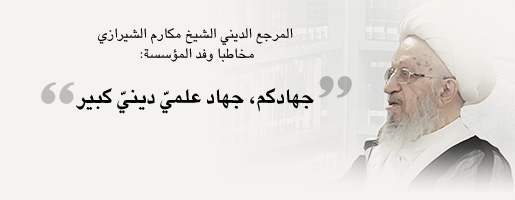
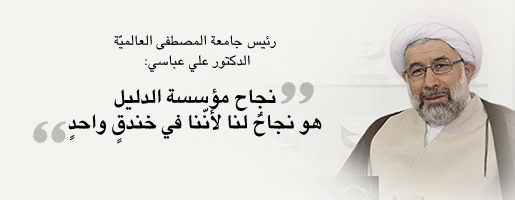

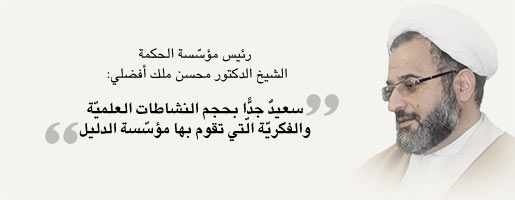

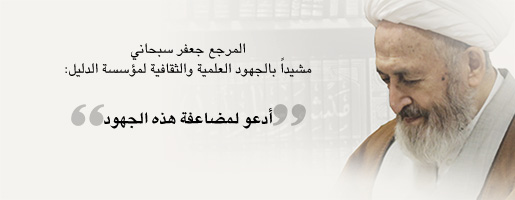

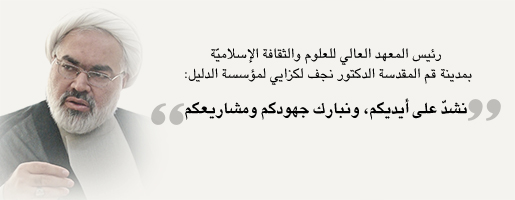
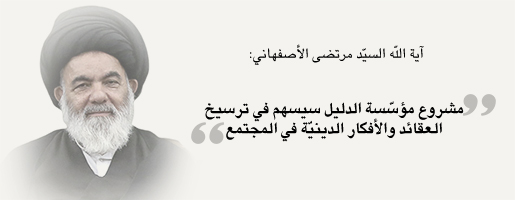
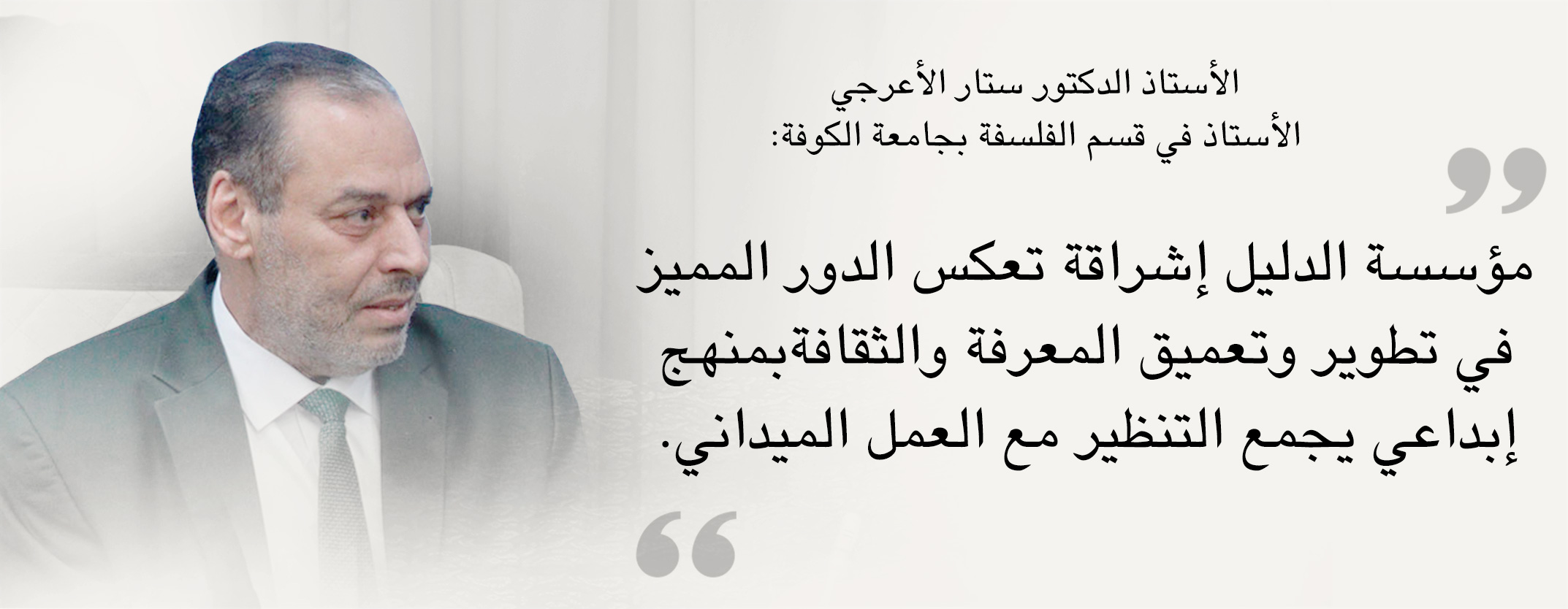

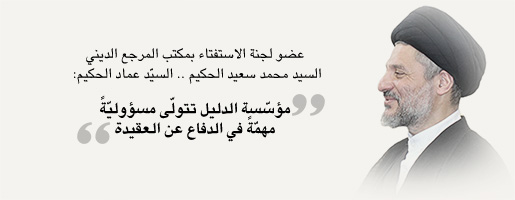

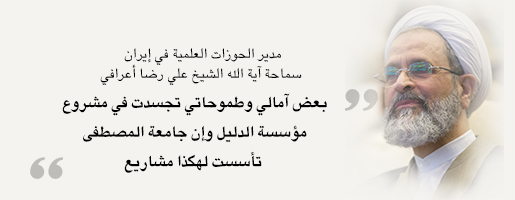

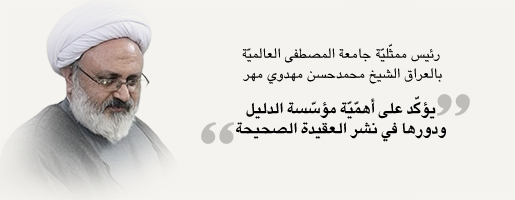

Saad Al-Bakhati
Abstract
The ontological evidence is one of the most important evidence used in philosophy in proving God the Creator. It occupied the thought of many Western and Muslim philosophers, between believers and non-believers. By studying the reasons for accepting and rejecting this divine evidence, we find that the most important intellectual adoptions that play an important role in this evidence is their interpretation of the meaning of existence, and does existence have a meaning realized abroad? Or is it one of the pure mental concepts that are not achieved outside the mind circle, even if it is a mental concept?
This is what we aim to highlight in this article by reviewing the opinion of two of the greatest philosophers of Islam and modern Western philosophy, and the scope of their arguments, namely the famous Islamic philosopher, Mr. Damad, the founder of Yemani theosophy, and the German philosopher Immanuel Kant, whom some consider the founder of modern philosophy.
Mir Damad adhered to it being one of the established evidence to prove God, while Kant went to reject it altogether. This was based on what Kant went to from his interpretation of the meaning of existence and that it is an intellectual mental meaning, his subject does not have any impact on giving new concept as the reality which exist is the essence.
